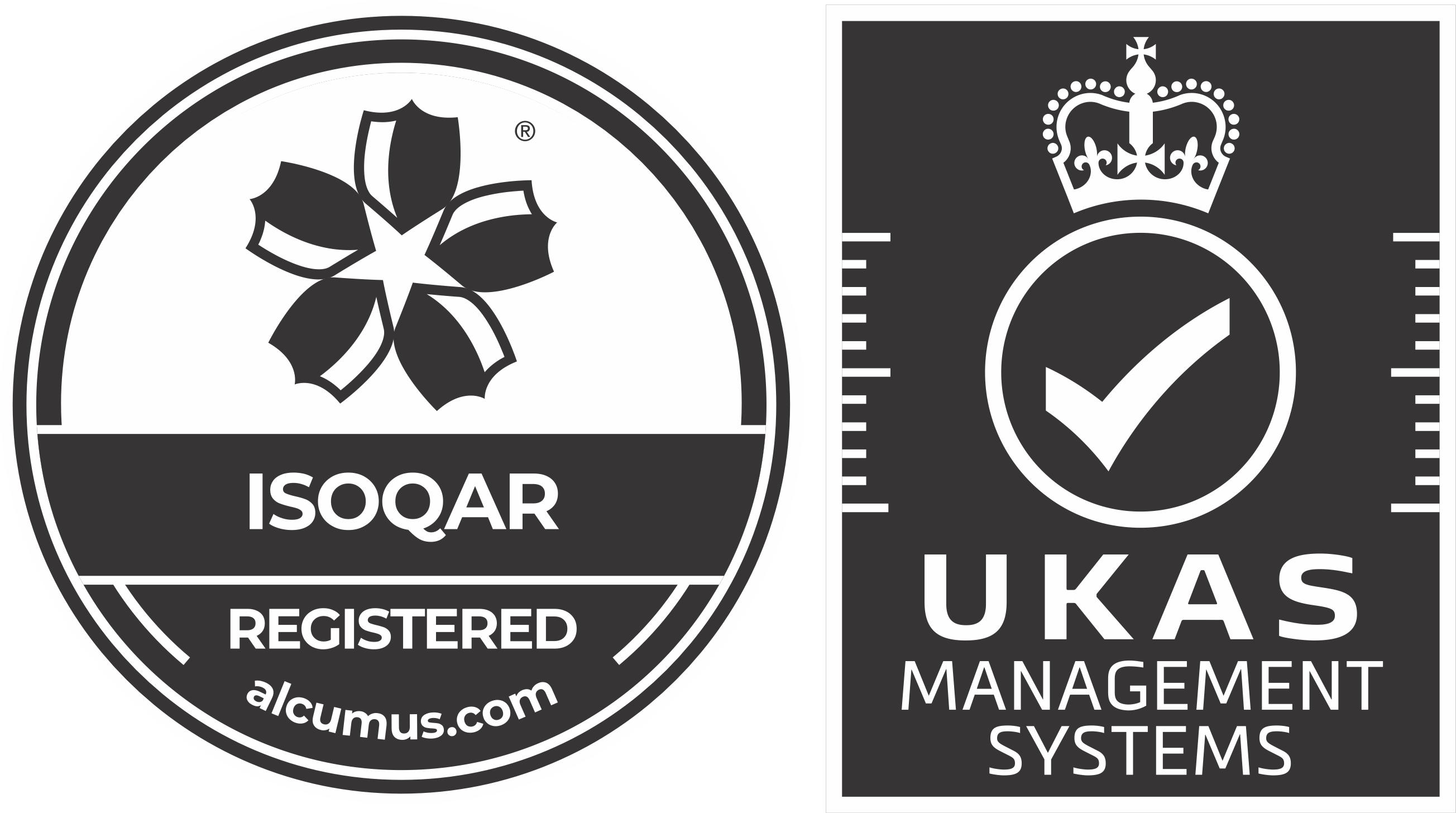We widely acknowledge the resilience of pharma distribution around the world, and how it makes critical supplies readily available. However, we rarely ponder the poor practices that plague it. That said, we will discuss possible triggers of these shortcomings, before discussing the issues them-self in detail, with possible remedies.
Possible Triggers that Cause Pharmaceuticals Supply Chain to Crumble
In times of crises, branded generic pharmaceuticals around the world face similar challenges such as:
- High surges in demand for medicine (Especially critical)
- Frequent disruptions in supply chains (Both on the local and international levels)
- Difficulty in maintaining operations
- Facing extreme difficulty in supporting evolving health issues
The ground reality will be worse for many, and most of these issues were created because of major disruptions in distribution channels.
Shortcomings of Generic Medicines Manufacturer Supply Chain
Now the next question is, what causes these disruptions? Well, a generic medicines manufacturer (like any other business) will get crushed if the marketplace rapidly changes or fluctuate often.
Over-Reliance on a Handful of Suppliers
For years, Branded Generic Medicines heavily rely on China and India for raw materials or active ingredients. The US and Europe while being a powerhouse in their own right in pharma manufacturing, are still overshadowed by China’s and India’s market share.
Any minor disruption from any of these Asian Giants will have adverse effects on the US or Europe’s medical supply line. Considering how real the risk is, companies need to consider investing in more viable sources to create a steady supply of active ingredients, and raw materials, to maintain a steady supply of meds even during a crisis.
Supply Security Being Only a Matter of National Importance
Pharmaceuticals Supply Chain is a matter of national security. Government bodies from around the world have started to legislate to address issues in pharma manufacturing and distribution. Unexpected crises, like an ongoing war, can further contribute to this factor if local manufacturers continue to rely on one source. It will create political tensions and might create unrest as local governments prioritize securing their own supply.
Lack of Supply Chain Transparency and Visibility
International supply chains are uniquely complex. As they come from a different organization, it becomes increasingly challenging for a generic medicines manufacturer to simplify their supply as they will need to choose between different suppliers, or alter their own manufacturing capabilities, as they will penetrate new marketplace or have to fulfill the increasing demand of regulators/governments or play around complex policies.
Some pharmaceuticals took on this challenger by recruiting additional suppliers, while they also integrated their distribution more closely to their customers.
Also worth noting, new policies might create unwanted stress which will also adversely affect the end customers, one such example is the exemption of tax subsidies on pharmaceuticals products exporter from Pakistan.
Unnecessarily Complex Supply Systems
Fast-tracking innovation or your manufacturing capacity doesn’t always rely on your ability to understand the increased demand. You also need proper engineering, production design, support, labor, and distribution of valid resources to make it work.
This change requires end-to-end viability, and while a company may have the resources/flexibility to repurpose its manufacturing, it will still need to make some cuts (or a complete breakdown) of its current distribution model to better suit the new supply chain. Not every business can afford it because relocating resources at this level, or making such drastic changes comes at a high price.
This calls for a simpler infrastructure model that lets branded generic pharmaceuticals retool faster to catch up with an evolving marketplace.
Lessons for Branded Generic Pharmaceuticals to Learn!
- Pharma Manufacturers need to plan for unexpected conditions, especially when countries put their interest first to impact the global supply chain through bans or other limitations.
- Invest on Inventory Reserves, backed up by a Network of API Suppliers
- Form a Contingency Plan, and Invest in Large Networks of Partners to Increase their Production
- Make Sure New Products Reach People by Fostering Manufacturing Alliance (via cooperation) between R&D companies and small medicine manufacturers to expedite delivery of products to meet the unexpected surge in demands










